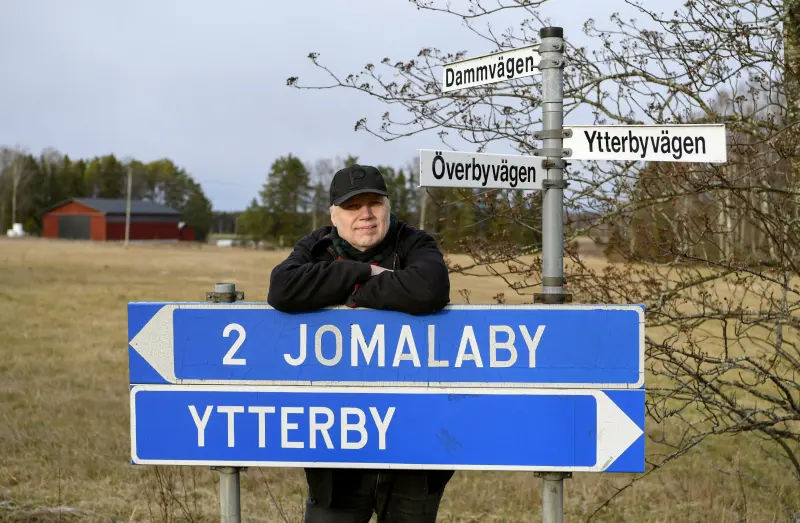



Joensuussa jalankulkija kuoli jäätyään auton alle – kuski pakeni paikalta
Joensuussa polkupyörää taluttanut aikuinen jalankulkija kuoli jäätyään henkilöauton alle. Henkilöauton kuljettaja pakeni paikalta, kertoo Itä-Suomen poliisilaitos tiedotteessa. Onnettomuus tapahtui tänään aamuyhdeksän aikaan Kuurnankadulla. Henkilöauto törmäsi Kaltimontien liikennevaloristeyksessä suojatietä ylittävään jalankulkijaan. Silminnäkijöiden mukaan henkilöauto ajoi huomattavaa ylinopeutta punaisia liikennevaloja päin.


Till byss: Bartsgårda
Olle Sjöstrands serie ”Till byss” tar oss i dag till Bartsgårda.


Hallitus poistaa datakeskusten sähköverotuen – STT:n tietojen mukaan tulossa korvaava tukimalli
Hallitus poistaa datakeskusten sähköverotuen – STT:n tietojen mukaan tulossa korvaava tukimalli



"Mukaan liittynyt runsaasti pienempiä seurakuntia" – Alavuden ja Ähtärin seurakunnat saivat kirkon ympäristödiplomit
Ilmastodiplomit Alavuden ja Ähtärin seurakunnille





Antti Saarelta napakka neuvo pörssin korjausliikkeen varalle
Talousaamussa käytiin torstaina läpi aamun tulosraportteja sekä yleisiä markkinatunnelmia.

18-vuotias kuvasi salaa seksivideon alaikäisestä Kanta-Hämeessä ja levitti sitä verkossa suhteen päätyttyä
Täysi-ikäinen mies liitti videon mukaan myös alaikäisen yhteystiedot. Oikeuden mukaan häpäisytarkoitus osoitti mieheltä julmuutta.